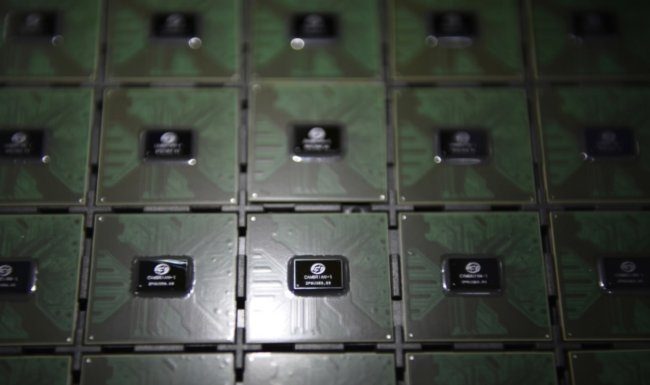
Funds from the Chinese Academy of Sciences will be used for research into both architecture and algorithms for the processors specialized in deep learning.

The Chinese Academy of Sciences (CAS) has set aside RMB 10 million (~US$1.4 million) to develop a brain-inspired processor chip specialized for deep learning. Called Cambricon, the chip is expected to be the world's first processor that simulates human nerve cells and synapses to conduct deep learning, according to a statement issued by CAS.
Cambricon is named after the Cambrian explosion, a sudden flowering of a great diversity of new life forms that began roughly 540 million years ago.
The Cambricon research project is helmed by two brothers, Chen Yunji (陈云霁) and Chen Tianshi (陈天石), two of the youngest full professors at the CAS Institute of Computing Technology. In 2015, Chen Yunji was selected as one of MIT Technology Review's 35 Innovators Under 35. Younger brother Chen Tianshi is Founder and CEO of Cambricon Technologies Co. Ltd., a company set up in March 2016 to bring the Cambricon chips to market.
The investment from CAS will be used for basic research on both architectures and algorithms for the Cambricon system. Unlike existing neural networks which require thousands of GPU-based accelerators, Cambricon processors are designed to operate more efficiently and run on much less power.
According to an announcement made at the 3rd World Internet Conference held in China in 2016, the latest Cambricon-1A chip can handle 16 billion virtual neurons per second and has a peak capacity of two trillion synapses per second. This performance is double that of a conventional GPU but has a power consumption that is lower by one order of magnitude.
2016 also marked the year that China surprised the world with the release of the Sunway TaihuLight supercomputer which immediately dominated the global TOP500 ranking. Sunway was built using homegrown chip technology following the 2015 US government ban on the sale of Intel, NVIDIA and AMD chips to China. (Copyright: Asian Scientist Magazine; Photo: Institute of Computing Technology)

86-10-68597521 (day)
86-10-68597289 (night)

52 Sanlihe Rd., Xicheng District,
Beijing, China (100864)

